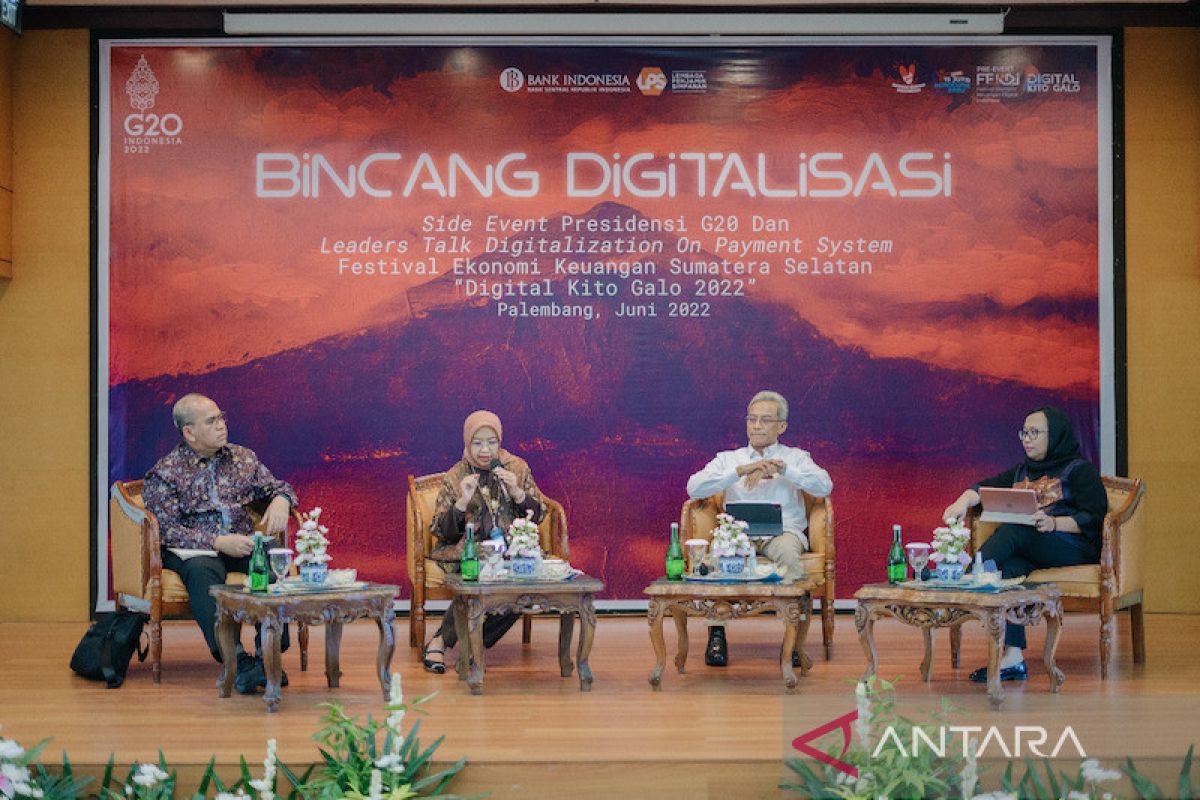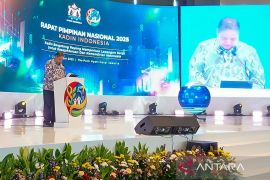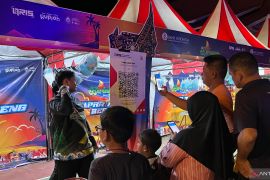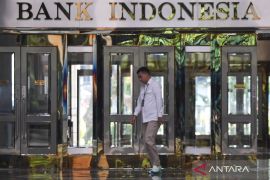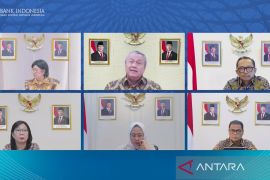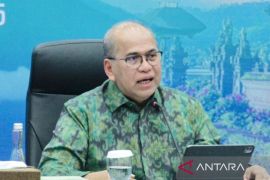Director of Payment System Policy Director Fitria Irmi Triswati said that the pandemic had encouraged people to develop digital literacy skills, resulting in the rapid growth in the last two years.
“Surprisingly, 72 percent of the new customers are from outside big cities. This means that people in remote areas are currently also 'forced' to be digitally literate," Triswati said at the Talk on Digitalization event conducted by the South Sumatra Representative of Bank of Indonesia in their office in Palembang on Thursday.
She stated that limited infrastructure in remote areas and borders did not hinder the development of digital transactions.
People seem to constantly seek out ways to access digital services, she noted.
Products such as digital banks to officeless bank services also encourages digital transactions to flourish among the public.
BI and other regulators, such as the Financial Services Authority, the Deposit Insurance Corporation, and relevant ministries and institutions continuously promote digitalization for the public because they were confident that it was secure and more efficient.
"This means that regulators are supervising through regulations and monitoring so that digital transactions are indeed profitable for the community, or become solutions to problems which have existed so far," she added.
She suggested that it was equally important for everyone to encourage MSME players to familiarize themselves with digitalization.
Related news: Indonesia's digital economy has extraordinary potential: Sri Mulyani
The development of the MSME sector was very important, because in 2021 there were be 64.19 million MSMEs. They contributed 61.97 percent of Indonesia’s GDP and provide as much as 97 percent of employment.
BI, itself, was directly involved in the development of the MSME sector by releasing the Indonesian Standard Quick Response Code (QRIS).
In South Sumatra, MSME actors dominate the use of QRIS, making up 96.26 percent of the total 395,173 merchants.
Head of South Sumatra Representative of Bank of Indonesia Erwin Soeriadimadja stated that the increase in the use of QRIS by MSMEs was apparent since last year, along with the increase in non-cash transactions amidst the community.
This means that from the national target of 14 million MSME merchants this year, South Sumatra has contributed quite significantly.
However, the current concern was to meet the need to expedite the use of QRIS in districts and cities in South Sumatra.
"The challenge, so far, is the limited infrastructure, because there are still many areas that have not been covered by the internet network," he added.
Related news: Digital banking transactions to reach Rp32,206 trillion in 2021: BI
Related news: Finance Minister stresses need for regulating digital transactions
Translator: Dolly Rosana, Mecca Yumna
Editor: Suharto
Copyright © ANTARA 2022
